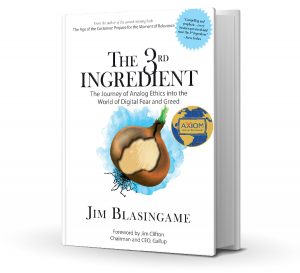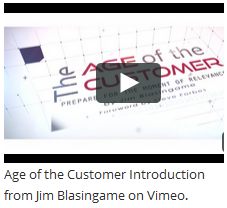Since most businesses have been deleveraging post-2008 financial crisis, you could be forgiven for getting rusty at how to ask for a loan from bank. But as the economy picks up and you need growth capital, it’ll be handy to brush up on your banking skills.
Last time, I used the customer qualifying process as an analogy for how to work with your banker to get a loan, and offered the first three of six loan request factors: Who makes the decision, what do they need and how do they want it? Now let’s talk about the last three.
What motivates them?
All banks need to make loans, but all banks don’t like the same kinds of loans. Some banks make working capital loans, and some don’t. Most banks make real estate loans, but each one has its own profile of what kind of real estate they like. And all banks like to loan money for things with serial numbers, like vehicles and equipment. In your first meeting, what the banker says about your proposal should indicate their level of interest in your type of loan. But if not, it’s okay to ask.
Banks will fight for loans, but they’ll kill for deposits. Checking account deposits are virtually free money to a bank, a portion of which they use to make loans. They like personal checking accounts, but LOVE business accounts. A bank’s motivation increases with your daily deposits if you place your operating account with them. You should know the value of your deposits to a bank and use that information to negotiate rates and terms.
How motivated are they?
You can tell how motivated a bank is by how helpful the loan officer is. Her excitement is no foreteller of success, just of motivation. But if she seems indifferent or unmotivated, that’s probably not a good sign.
A deal that couldn’t get through the front door of Bank A this morning, could be received with a red carpet at Bank B this afternoon. So be prepared to take your proposal to more than one bank. And be sure at least one of the banks you make a loan proposal to is an independent community bank.
What do I have to do?
Bankers love field trips. Give your banker a demonstration of the new equipment the loan is for, or take them to see the real estate you want to buy. Show them how the object of your loan request will help you grow your business, profits and deposits.
The best way to get a business loan is to do your homework, anticipate what your banker needs and get them what they ask for. And if the bank that was loyal to you when you needed them doesn’t have the best deal — but it’s a deal you can live with, “dance with the one that brung ya.”
Write this on a rock …
Understanding how banks make business loans will improve your chances of getting one.
Jim Blasingame is the award-winning host of The Small Business Advocate Show and author of “Three Minutes to Success.” Find Jim online at www.jbsba.com.





